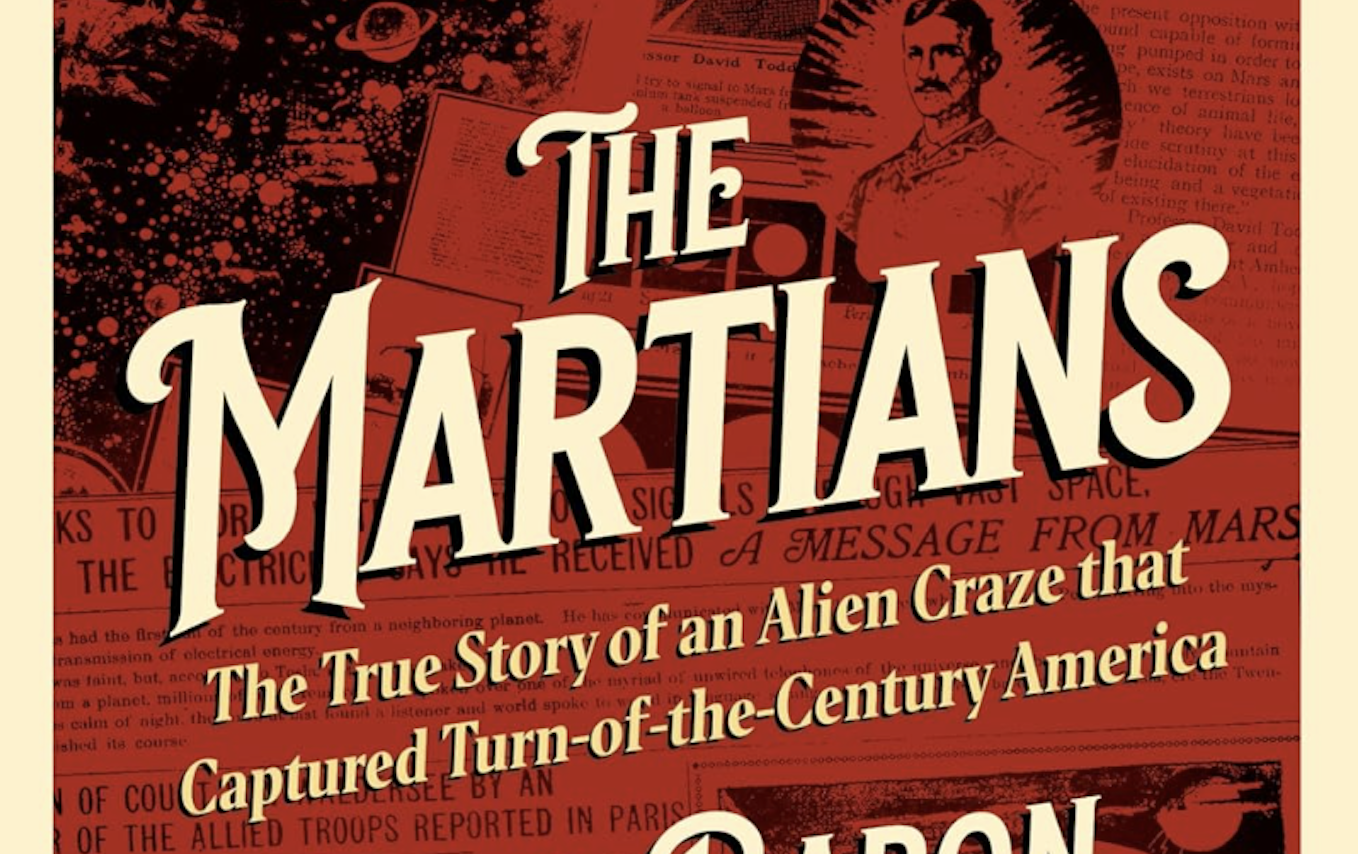
"Talk about fake news: In 1907 a New York Times banner headline declared, "There Is Life On the Planet Mars." Upping the ante the next year, the stodgy Wall Street Journal claimed "proof" of "conscious, intelligent human life" on our red neighbor. The idea of life on other planets had been orbiting the public imagination ever since the realization that the Earth wasn't alone in the solar system."
"Following a distinguished stint as a diplomat in the Far East, Lowell devoured the emerging Mars debate in print in the early 1890s. Dedicating his life and resources to further study of the nearby planet, the 39-year-old travelled to Flagstaff in the Arizona territory - the elevation and dry climate improved telescopic performance for the namesake observatory he financed - to spend countless nights peering at the cosmos."
"Though an amateur scientist, he deployed his Harvard erudition to write well-received books and deliver sold-out lectures, all to broaden the acceptance of the canal theory and the possibilities it opened. Most trained, reputable astronomers refused to speculate on the dark markings and did not think they held water - literally or figuratively. Where others were content to acknowledge a lack of reliable data, Lowell stated, "Imagination is the soul of science.""
Early 20th-century headlines proclaimed life on Mars after telescope advances produced ambiguous surface features. A mistranslation and vivid public imagination converted dark markings into canals and possible civilization. Wealthy amateur astronomer Percival Lowell invested in a Flagstaff observatory, used improved viewing conditions to study Mars, and published books and lectures promoting the canal theory. Most professional astronomers remained skeptical, citing insufficient data. Lowell claimed visual evidence of engineering, arguing that imagination drives science. Media amplification and persuasive advocacy helped popularize speculative claims despite lack of consensus or reliable observational proof.
Read at Kqed
Unable to calculate read time
Collection
[
|
...
]